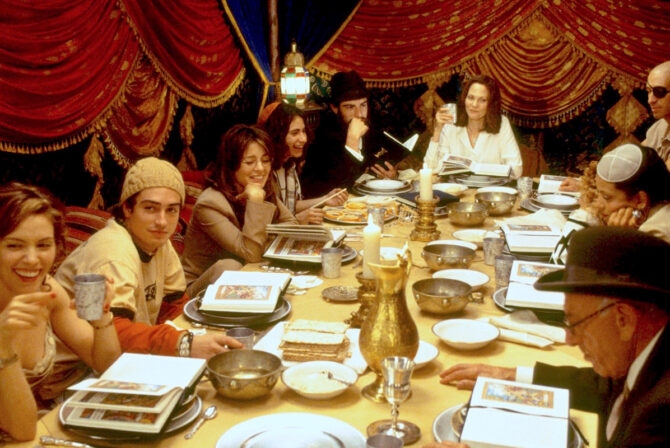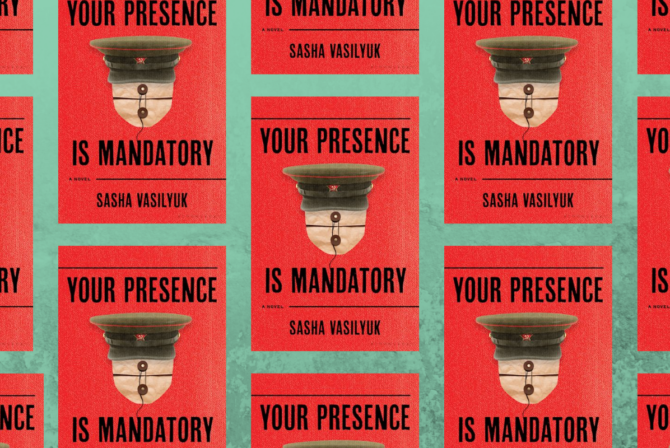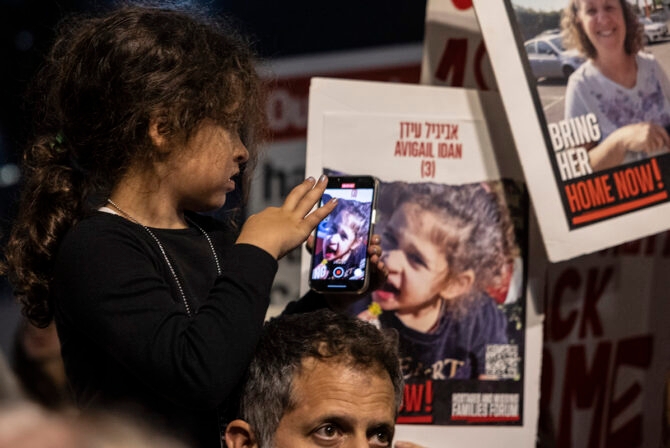You can’t tell from the promos, but Netflix’s new original series, “Grace and Frankie” features the most intriguing and multi-faceted Jewish family currently on television. (Granted, there isn’t a lot of competition for the title. “The Goldbergs” have the name, but that’s pretty much it.)
“Grace and Frankie” stars Jane Fonda (an actress I’ve never liked, not so much for her politics but because I find her fake and mannered, constantly drawing attention, “Look! I’m Acting with a capital A, here!”), and Lily Tomlin (whom I have adored in everything I’ve ever seen her in, from her one-woman shows to the farce “Big Business”).
Fonda plays Grace and Tomlin is Frankie, two very different women whose husbands, played by Martin Sheen and Sam Waterston, respectively, announce that they’ve been having an affair for 20 years, and are now leaving their wives to marry each other.
Grace is the uptight, control-freak WASP, and Frankie is the Earth-mother, hippie Jew. Sheen is Robert, a cold, manipulative son-of-a-bitch, and Waterston is Sol, the overly emotional, soft touch. Grace and Robert have two daughters, one of whom is an all-work-and-no-play hard-ass, and the other a boring wife and mother hiding a secret past with Frankie and Sol’s ex-drug addict screw-up son. Frankie and Saul’s other son is Black (that qualifies as a character trait on TV).
READ: The Jewish Woman Who Revolutionized Children’s Television
So far, so cliché.
Even the basic premise, a pair of ditched exes forming an awkward friendship after their partners leave them, is textbook Sitcom 101, with the only difference being that the illicit lovers, in this case, are men. Nevertheless, the skeleton of the story is something viewers have seen dozens of time before. It’s “The Odd Couple” with a 21st century twist.
But then, something unexpected happens. As “Grace and Frankie” moves through its 13-episode run, everything slowly, subtly gets turned on its head.
Robert is a great deal deeper than what we’ve been led to expect, Sol is harboring one hell of a character flaw, Grace is no Lady Who Lunches, and Frankie doesn’t exactly practice what she preaches. Also, the workaholic daughter is actually funny and vulnerable, and the drug addict son’s secret isn’t what you think. (Which is a good thing, too, because while Amazon’s “Transparent” deals with similar, modern family drama and features the always compelling Jeffrey Tambor, the whiny, self-indulgent, self-absorbed adult children on that show makes it unwatchable for me.)
“Grace and Frankie” takes a formulaic situation, and then it digs deep until it draws blood. The two leads are “women of a certain age,” but they’re no “Golden Girls.” These are soon-to-be divorcees agonized by their husbands’ betrayals, whose clumsy and sometimes ill-advised attempts to rebuild their lives aren’t condescendingly written as precious or cute (or faux-shocking; geriatric sex, oh, my!). They’re painfully real. And painfully funny.
Robert and Sol don’t get off easy, either. In fact, at one point, son Bud challenges that if their dads had been cheating on their mothers with women for 20 years, the kids wouldn’t have been expected to supportively smile their way through a family dinner. But because their dads are gay, any objections the kids—or their mothers—might have to the union will come off as homophobic.
The men even fight among themselves, such as when Robert admits that he prefers going to parties with Grace rather than Sol, because he always knew Grace would make him look good and not embarrass him. Conversely, Robert was ready to come out to his family soon after the affair began, but Sol is the one who kept him waiting, because he wanted to have both Robert and his wife and children at the same time.
READ: Television Has Come A Long Way to Represent Queer Families Like Mine
But to me, the most subversive thing about “Grace and Frankie” is that one of the families is Jewish—and not in name only or merely as an excuse for Frankie and Sol to drop Yiddish expressions.
Sure, there are the expected jokes about how the break-up of their family means “no more Jewish Christmas,” but there is also the African-American son, railing, “Right, I’m a Black Ashkenazi Jew, what would I know about feeling like you don’t belong?”
And then there’s the final episode of the first season where—without giving anything away—a major plot point and cliff-hanger hinges on Frankie, Sol, and their sons lighting Shabbat candles together for the last time in their family home.
I have a Master’s in Television Analysis and I can’t remember the last time a Jewish ritual was so vital to a story, functioning not as a throwaway joke or a bit of multicultural exotica, but as something meaningful that Jewish families actually do.
I asked my husband if he thought “Grace and Frankie” struck such a cord with me because I am now closer to the wives’ ages than I am to the characters on “Friends” (though, for the record, even when I was the age of the characters on “Friends,” I didn’t find their lives particularly relatable). “Grace and Frankie” is definitely an adult show. But not “adult” in the way that’s used to describe “The Sopranos” or “Breaking Bad,” where R-rated language and violence passes for maturity. It’s adult because its characters are adults, dealing with adult issues, and because it features sharp, insightful writing that delves deeper into characters and the consequences of their actions than anything I’ve ever seen before.
It would have been terrific even without the Jewish characters.
They simply make it even better. (Don’t Jews make everything better?)







